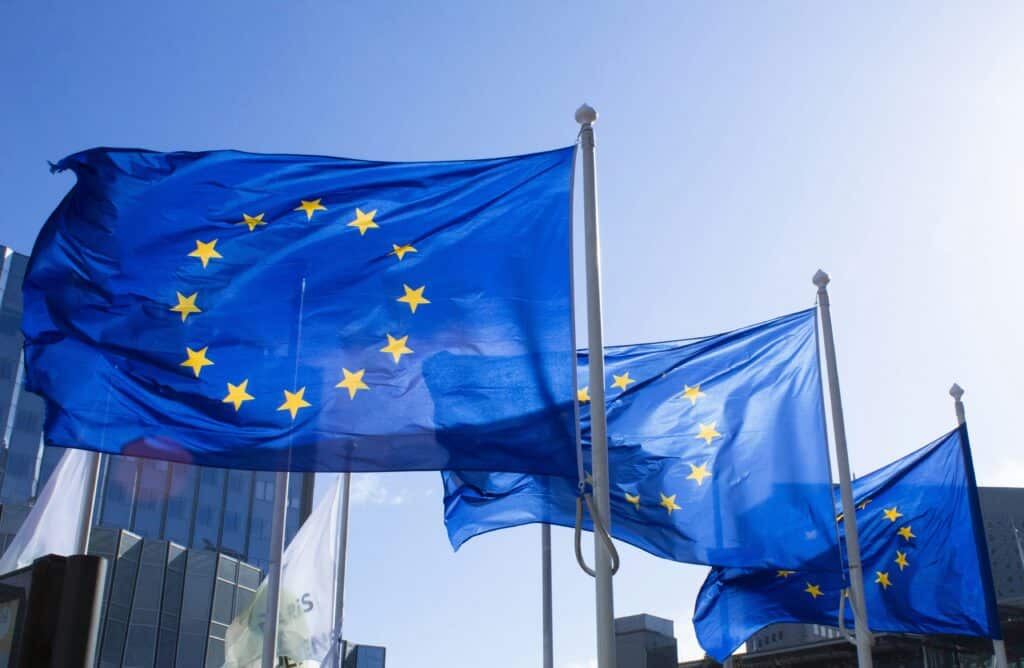Written by Ilaria Conti
As the European Commission’s « Quo Vadis ? » research project has recently highlighted, gas Long-Term Contracts (LTCs) in Europe are dying out. The push towards more open and competitive markets, to hub-indexed gas price formation and spot trading, made long term contracts increasingly less necessary as European gas markets gained in transparency and liquidity.
This may not sound like breaking news. In fact, since the financial crisis of 2008-2009 and the constant decline in gas prices, fewer and fewer European companies felt comfortable signing new long-term commitments with external suppliers. More frequently, existing contracts have been renegotiated, and price converted from oil-indexed to hub-based.
On the other hand, if the perspective is –as it seems – that all gas long-term contracts currently in place are due to expire by 2036, then it is more than legitimate to inquire and assess which consequences this change might entail and how gas actors in the European market can make the best use of this transitory period.
The FSR focused on this topic during a policy workshop in May, the end of the Long-Term Contracts (LTC’s) era.
As explained by Markus Backes, DG Energy, in our interview, we need to distinguish between capacity and commodity Long-Term Contracts – the former linked to the transportation of gas, the latter having to do with gas intended as raw material.
But what’s the real problem with the end of the long-term contracts era?
All in all, the termination of LTCs is due to significantly reduce the amount of gas capacity imported to Europe. Which consequences will this reduction have? Will there be an issue with security of supply for (some) European countries?
While security of supply is less perceived as a real threat at the moment (both because of low gas demand and of availability of alternative sources ), the reduction of physical flows from outside Europe is expected to have an impact on revenues for gas TSOs.
Therefore, directly linked with the LTCs termination issue is the debate on transportation tariffs. Will TSOs be obliged to increase transportation fees, or is this a non-issue since lately most of capacity bookings are done via automated platforms (such as PRISMA) and therefore TSOs revenues will only be marginally affected by this further reduction?
The gas tariffs Network code entered the implementation phase in March 2017, and Florence School has largely debated on gas transportation tariffs in that context.
The ambitious achievement of a Single gas market for Europe is not so far from completion (see FSR Topic of the Month March 2017), however the debate on how to build truly cost-reflective tariffs in Europe might now be re-opened and questioned in this context.
Last but not least, the end of the long-term contracts era might have an impact on gas liquidity, since big part of the current redundant capacity deriving from LTCs is exchanged at European hubs and also used for swaps – which contributes to greater liquidity and narrowing price spreads between hubs. Therefore, one of the consequences we might see with the end of LTCs (and the disappearing of this redundant capacity) is a reduction in liquidity and a misalignment between European gas hub prices (see here).
To conclude, while it’s still unclear whether the end of the long-term contracts era will bring dramatic changes to the status quo of the European gas market, it is now common understanding that actors in the European gas sector will need to keep monitoring the several factors which might be indirectly linked to this issue and have an even greater impact on their business.
The Florence School of Regulation will keep facilitating the open dialogue between all interested parties while monitoring the development of this interesting theme.
If you are eager to learn more on gas topics, check out the new online course starting soon:







